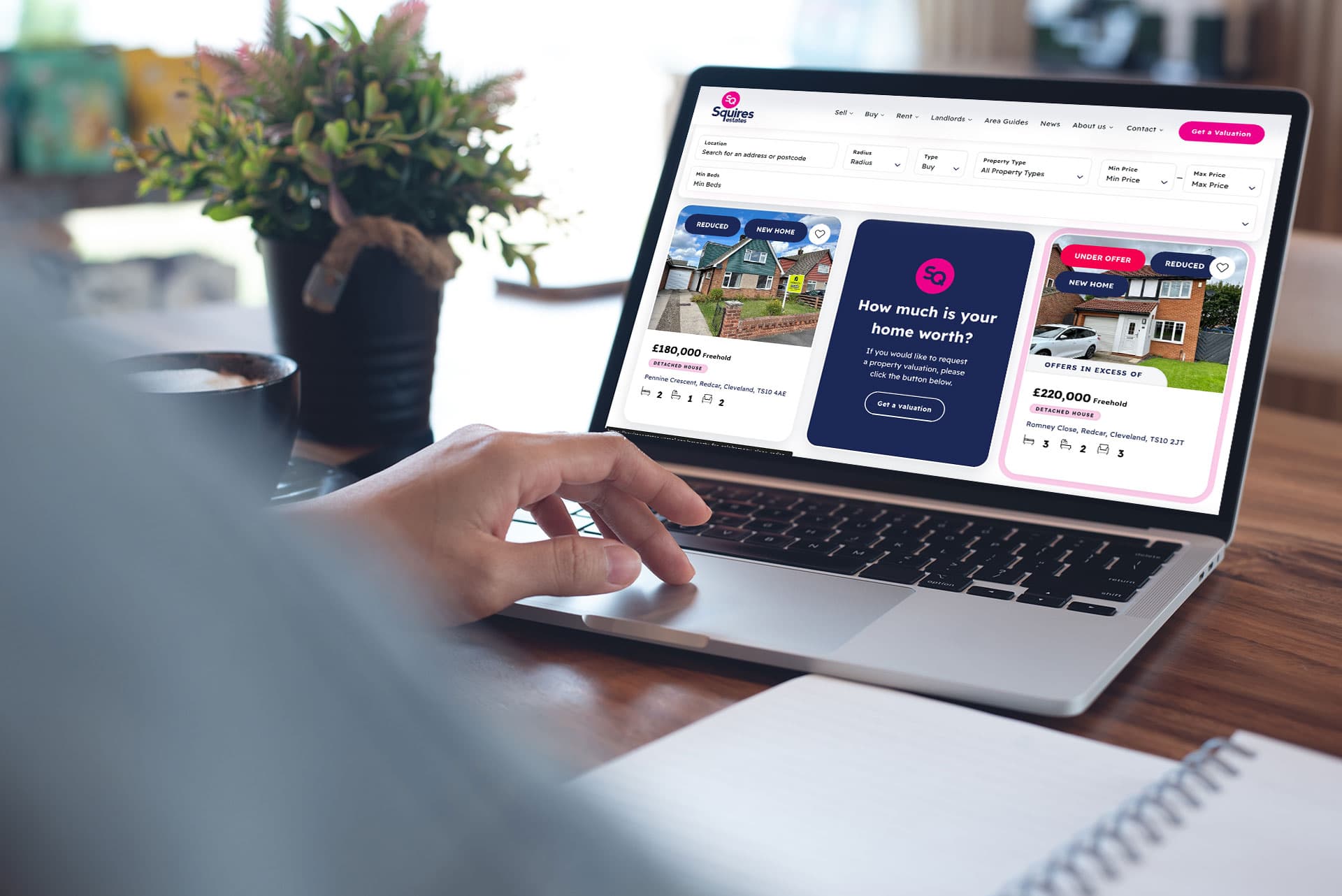Mill Hill Branch
7 Thornfield Parade
Holders Hill Road
Mill Hill, London
NW7 1LN
When done correctly, a buy-to-let investment can give you the opportunity to enjoy healthy, long-term profits. Our buy-to-let guide explains everything you need to know, including outgoing costs, mortgage requirements, tenant screening, and much more.

Buy-to-let is when an individual purchases a property with the intention of letting it to tenants. Considering market conditions, letting out a property can be a good option for anyone wanting to invest and boost their income.

As a buy-to-let landlord, your income should generate a profit while being able to pay the mortgage payments comfortably each month.
There will also be various financial commitments you will need to pay during your time as landlord, such as:
Over time, the property will likely need various repairs and maintenance, which you will also be responsible for.

If you need a mortgage to buy a property, you will have to apply for a buy-to-let mortgage just like you would for a standard mortgage, either through a broker or directly with a bank or building society.
The main difference is that, rather than focusing solely on your salary, the lender will evaluate the property’s potential rental income to determine an amount they are willing to offer. Most buy-to-let mortgages are also taken out on an interest-only basis, meaning that instead of repaying the loan itself, you’ll only pay the interest that accumulates. If you take out an interest-only mortgage, the entire amount will be due once the agreement concludes.
Every mortgage advisor employs their own technique to determine the amount of ‘rental cover’ you will require each month. This implies that your rental income will match your monthly mortgage payment, plus a little extra. The rationale behind this is to assure the lender that you can continue to meet the mortgage payments during periods when you might not have any active tenants.
Deposit requirements are usually relatively high, with many requiring a down payment of at least 25% and a 40% deposit or higher.
Deposit requirements are usually quite high, with many requiring a down payment of at least 25% and a 40% deposit or higher.

Take some time to think about the type of tenants you want for your property. Whether it’s young professionals, families or students, it will influence the type of property you buy.
Once you have the property, one of the easiest ways to find tenants is to screen by income. You should look for tenants with a yearly income 30x the rent – for example, if the rent is £1,000, they should have a minimum annual salary of £30,000. The more affordable the rent to the tenant, the less likely you are to experience any payment issues.
It’s also wise to meet with tenants before agreeing to the tenancy, as it helps you gauge their character. You’ll want to ensure they will uphold the property during their rental period, and if you reside overseas, this can significantly enhance your peace of mind. Meeting the tenants also fosters trust on both sides, which nurtures a stronger and, ideally, longer-lasting relationship.

You’ll need to organise references to verify the tenant’s length of employment and salary. Credit checks must also be carried out to ensure there are no red flags raised regarding previous payment issues. A Right to Rent check is a legal requirement that means you must verify the tenant’s legal status in the UK and their right to live here.
If you want to go ahead, a tenancy agreement needs to be drawn up, including deposit details (which must be kept in a government-backed scheme), your contact details and the length of tenancy.
Employing an estate agent to market your property and screen tenants can significantly simplify this labour-intensive process. Choosing a local, reputable agent in Finchley enables you to leverage their expertise and experience to secure dependable tenants and ensure that the tenancy complies with all current legal requirements. They can also manage all references and the tenancy agreement, while offering ongoing property management services that can alleviate the stresses of being a landlord.

As a landlord, you are legally required to:
If you’re looking to let out your property today, it is important to find the right estate agent to take the hassle out of your hands. Contact our team to explore your options.

Let our team help you get the most out of your property.